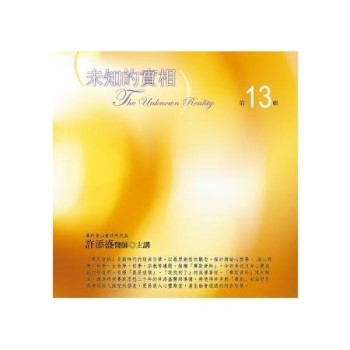Written presumably by master William Shakespeare as imported into the modern times morals and language, this play tells another side of the story of Sleeping Beauty. Awakened by what she believes is her true love’s kiss, she is married to the not so “charming” Prince, now King. After that the fairy tale becomes a family drama, where an abusive and neglectful husband denies his wife not only his love but also any contact with the world.
Longing for love, Beauty rebels and enlists the help of Page, King’s confidant. He is gay and hopelessly in love with King. The wise Page advises Beauty to enjoy life any way she can. This takes her on the sexual journey, where the naïve, love starved girl goes from cavorting with soldiers in the army barracks to the prison cell along with prostitutes, gets publicly punished as a harlot and has to endure a philosophical dispute with two Torturers, tries to get indulgence from Cardinal only to find out that words can have more than one meaning.
Rescued by Page, she returns to her chambers to face her old tormentors: first, her furious husband King, and after that her fairy godmother, now the wicked Witch, back with vengeance. An appearance of Page’s friends, Jewish financier Uriel and Moors’ ambassador Omar, only adds up to the frantic comedy that inevitably comes to a happy ending. After Witch leaves, King pricks himself on the same magical spindle that put Beauty to sleep and is frozen on all four. The triumphant Beauty gets very busy with the two other gentlemen and Page can finally love his King any way he likes, all the while giving the audience a monologue on believing in fairy tales. Nothing good will come out of this, except a realization that with Shakespearean language even outright adult content sounds classy.











